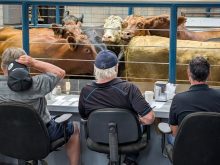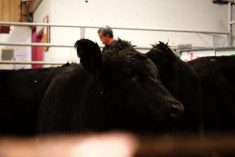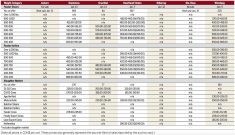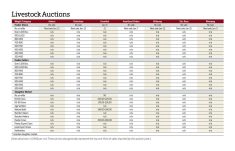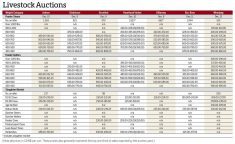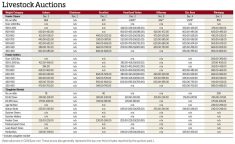A high volume of cattle came to Manitoba auctions last week and prices held close to record levels.
The provincial industry has positioned itself for a potentially excellent start to 2024, according to Gladstone and Ashern auctioneer Tyler Slawinski.
Overall volume of cattle coming for sale eased off a little at Gladstone, but Slawinski said numbers remain strong.
Read Also
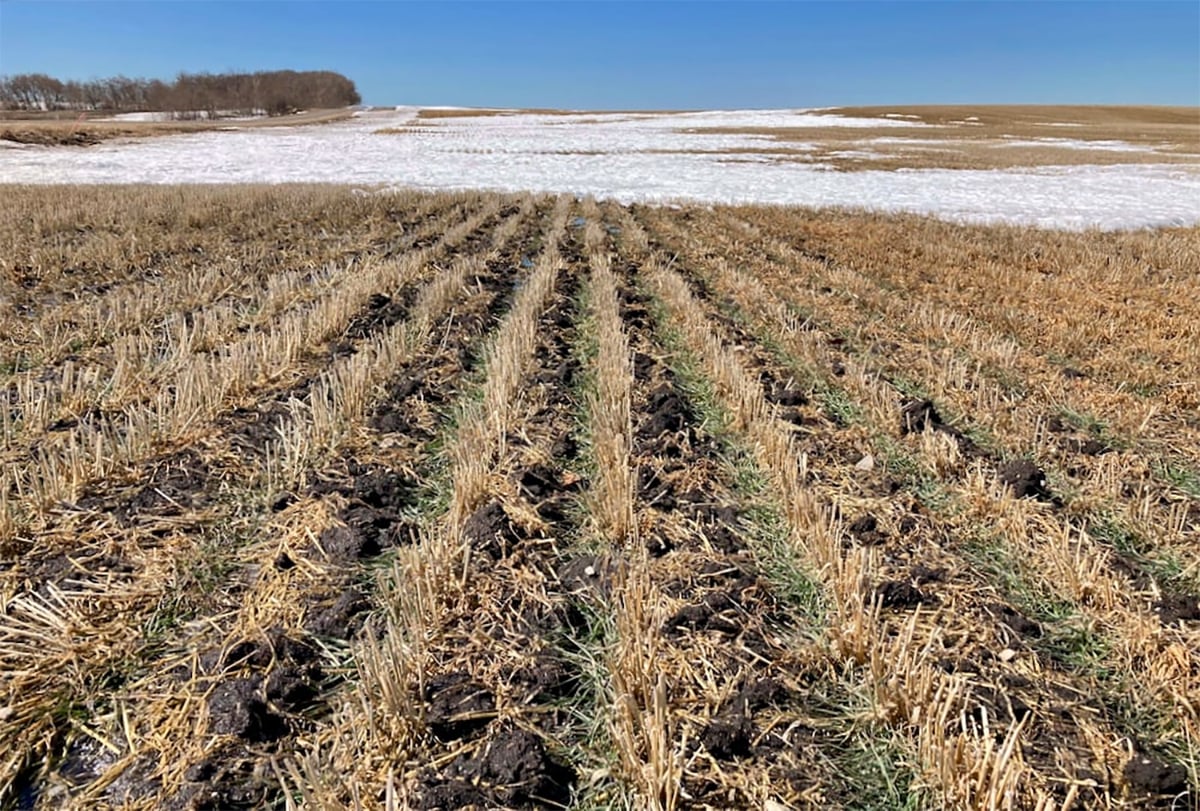
Winterkill threat minimal for Northern Hemisphere crops
The recent cold snap in North America has raised the possibility of winterkill damage in the U.S. Hard Red Winter and Soft Red Winter growing regions.
“It’s been busy, that’s for sure. We are still cranking them through with more than 1,600 again this week.”
The auction’s Nov. 21 sale saw 1,635 head go through the rings and another 1,622 were sold the following week.
“The flood is starting to back off a little bit now. The numbers are going to remain steady for the next week or two. Then the last week before the Christmas break, I don’t anticipate it will be too hectic,” Slawinski said.
Gladstone is scheduled for two more auctions, Dec. 5 and 12, and will then shut down until mid-January.
Slawinski said prices have been “spotty” due to a backlog of fat cattle in Eastern and Western Canada.
“The heavy cattle definitely had some pressure put on them due to some money being taken off the fat cattle.”
He said there is good flow of grass cattle.
“Anything that can be bought now for grass time, there’s a lot of that going on now on account of some folks don’t figure there’s going to be an abundance of grass-type cattle to be had after the New Year,” Slawinski said.
Price changes were most notable among heavy cattle 600 pounds and up. At Gladstone’s Nov. 28 sale, 800 to 900 lb. feeder steers sold for $268 to $289 per hundredweight compared to $270 to $308.50 the previous week. In the same weight class, feeder heifers fetched $223 to $270/cwt. most recently, versus $240 to $287 on Nov. 21.
Among slaughter cattle, D1 and D2s sold for $112 to $125/cwt. on Nov. 21, with the mature bulls at $140 to $156.50. A week later, the former brought in $105 to $120/cwt. and bulls were at $130 to $148.
Slawinski said better weather throughout southern Manitoba kept calves coming to auction.
“After the weather stabilized, those light little calves seemed to have perked up a little from when the weather was poor.”
Most auctions don’t want those calves separated from their mothers, but given very good prices, some producers are eager to sell them.
“Guys have to take the opportunity and reap the rewards of the market,” Slawinski said.
He stressed the need for producers to make hard decisions in the New Year regarding which cows to keep and which to sell, given “prices we have never seen before for bred cows.”
He suggested prices could decline at some point in 2024.
“The cattle market is the best it has ever been. I like to think supply and demand should kick in after we get into the New Year. There definitely won’t be as many backgrounded cattle as there usually is. There can’t be.”




